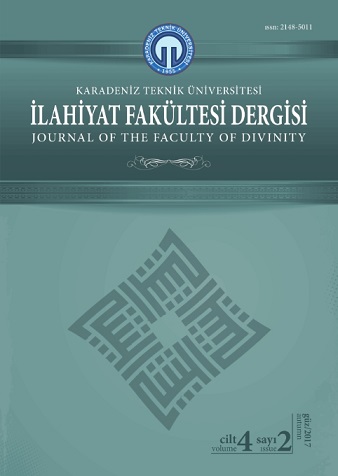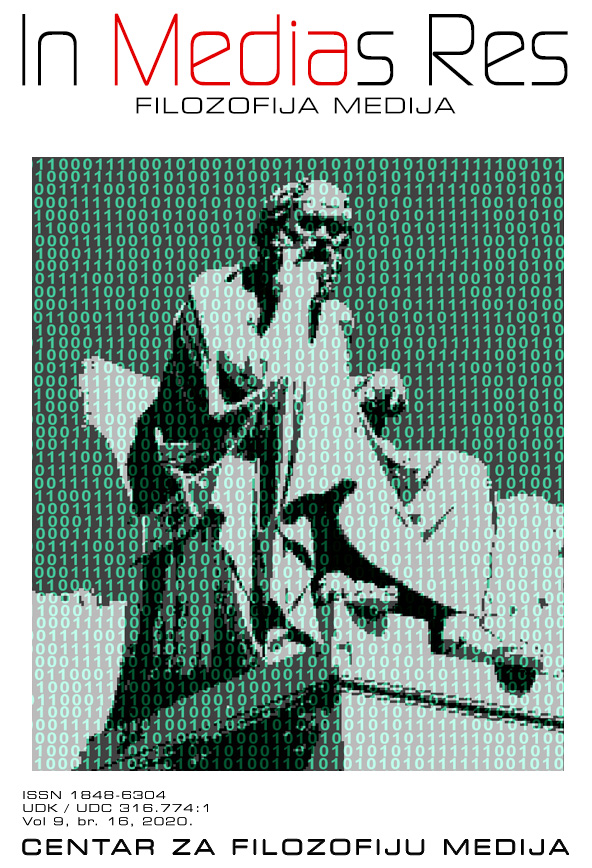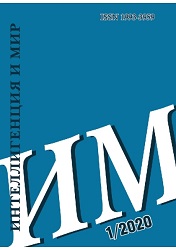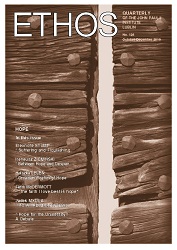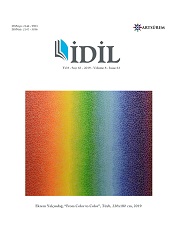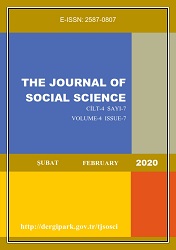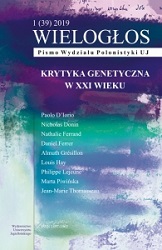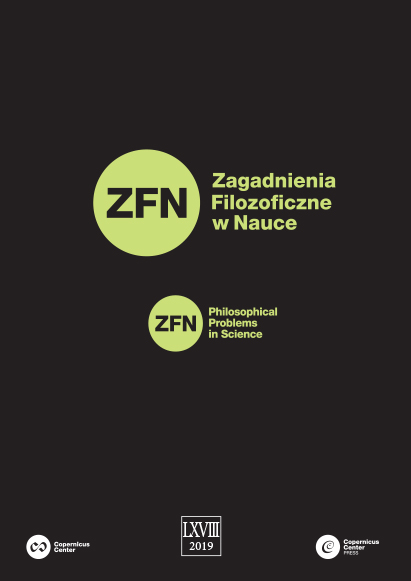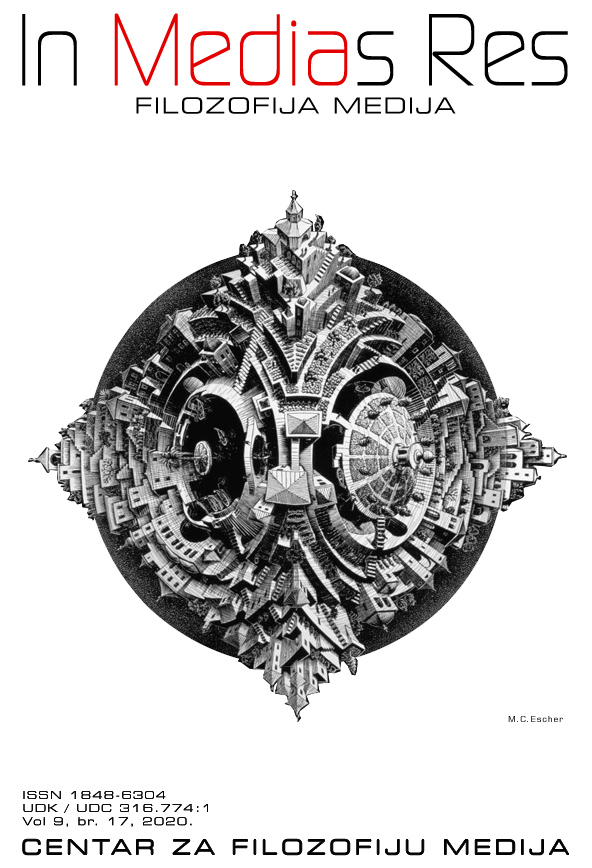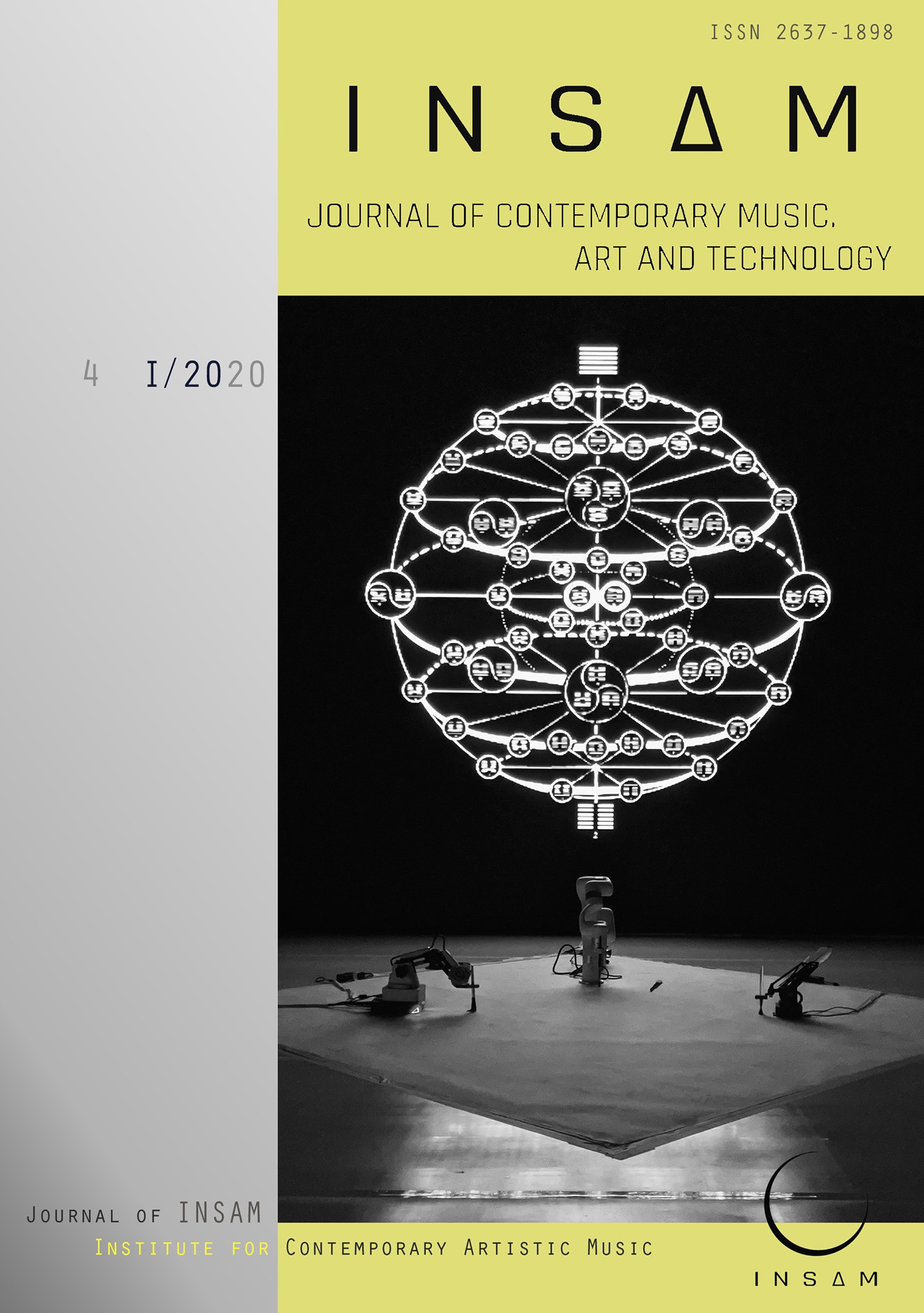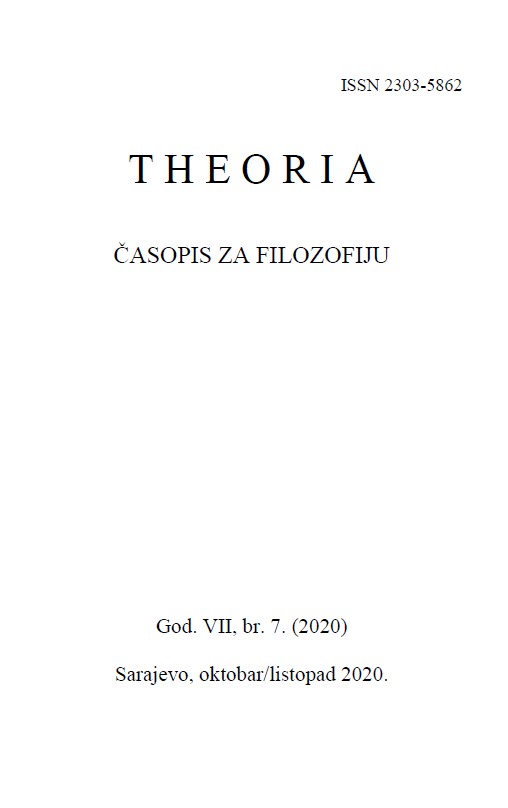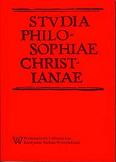
Filozoficzna myśl Roberta Boyle’a a stanowisko chrześcijańskiego teizmu naturalistycznego
Robert Boyle is the author of the original concept of mediation between the spheres of religious belief and scientific thought. This article presents Robert Boyle’s selected topics of philosophy that illustrate his points of view on the issue of the relationship between scientific knowledge and faith. In the literature, the views Boyle qualifies as an example of a conception of two books: the Book of Nature and The Scripture, or the conception "God-of-the-gaps." In this paper I dispute this view and demonstrate that Boyle’s conception the relationship between science and faith is similar but not identical to the contemporary theistic naturalism.
More...
